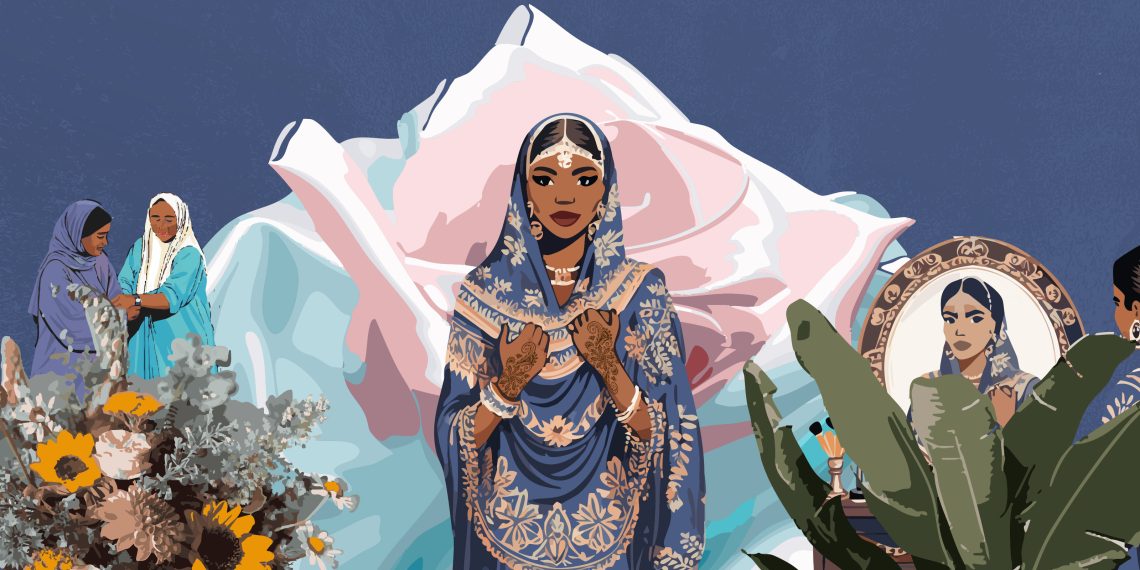Culture & Society
‘My Writing Is Rarely Inspired by Societal Happenings’ Ekemini Pius’ First Draft
Editor and author of Caine Prize shortlisted story ‘Daughters, By Our Hands’ Ekemini Pius, believes rather than the subject, how a story is written makes a text powerful. Read More...
The Arrival of Burna Boy Remembering L.I.F.E Ten Years Later
Exactly ten years ago, Burna Boy released his debut album. L.I.F.E was a bold and unsafe debut; has it lived up to its promise? Read More...
‘My Practice and Method of Writing Are Obsessive’ Ernest Nweke’s First Draft
Author of ‘Nigeria vs the South East: The Glaring Igbophobia of the 2023 Elections’ Ernest Nweke, believes the anti-Igbo bigotry of the last election season was an experience many Igbos are familiar with despite denial and gaslighting from the rest of Nigeria. Read More...
Who’s Afraid of Nigerian Literature? The Resilience of Nigerian Writing
The exodus of a new generation of Nigerian writers has sparked discussions about the state of Nigerian literature in recent times. Some have asserted that Nigerian literature is dead or dying and that writing from within a Nigerian context, from home, is becoming an endangered art. Read More...
The Miseducation of Nigerian Poets The Excessive Influence of American Literary Magazines on Nigerian Poetry
Social media sparked a new life into Nigerian literature in the 2010s. But since American magazines became more prominent to Nigerian poets, many are seemingly now in a choreography of style and themes. Read More...
‘A Great Story Makes Readers Genuinely Feel Seen’ Ẹlọ́hór Ẹ́gbọ́rdí’s First Draft
Editor, Ẹ́lọ́hór Ẹ́gbọ́rdí, believes the biggest misconception about African storytelling is that it is inferior to non-African storytelling. Read More...
Writing from the Collective Memories of Others Revisiting Buchi Emecheta’s Destination Biafra
Since the publication of Destination Biafra by Buchi Emecheta in 1982, many Nigerian writers have made contributions to Biafran War literature. Thirty years on, Emecheta’s novel continues to stand out for its ambitious and distinctive approach to transforming collective memory into a fictionalized Biafra story. Read More...
Theodosia Okoh’s Stolen Symbol The Archival Omission of a Ghanaian Historical Icon
For a long time, not many Ghanaians knew that Theodosia Okoh designed their country’s iconic flag. Like many African countries, the history of Ghana’s independence unfailingly details the contributions of men who are all tagged ‘founding fathers’. Women like Okoh and their contributions, however, are often left out of the archives and consciousness of their country people. Read More...
‘Everyone Can Tell a Story’ Adaobi Tricia Nwaubani’s First Draft
Nigerian novelist and author of I Do Not Come to You by Chance, Adaobi Tricia Nwaubani, decided to write her first novel before knowing what to write about. Read More...
In Which Nothing Happens Book Review: Sọ̀rọ̀sóke: An #EndSARS Anthology
Sọ̀rọ̀sókè: An #EndSARS Anthology, a flawed collection of poetry edited by Jumoke Verissimo and James Yékú, begs the following questions: Are we supposed to stop putting ‘poetry’ anthologies together on the spur of remarkable moments? Are we supposed to give up using anthologies to mark remarkable events and people? Read More...
















